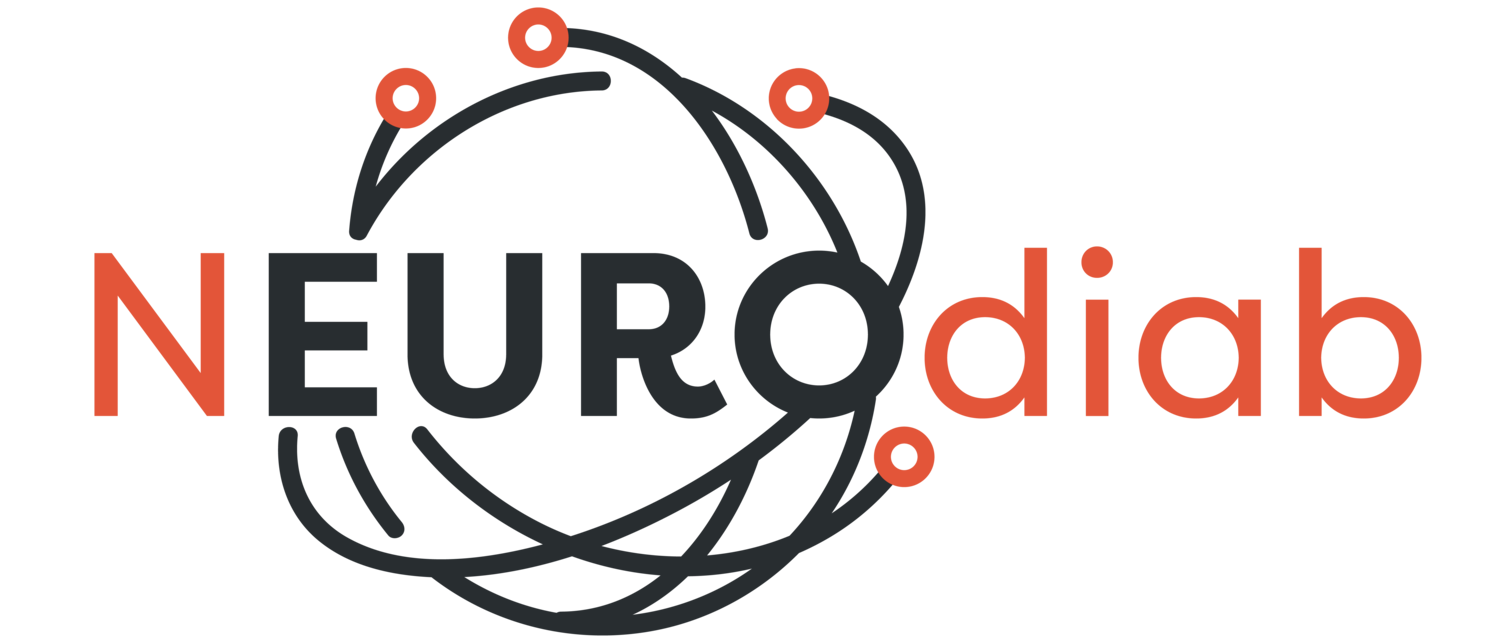Publication News 12 - 4 April 2022
Cardiovascular autonomic and not somatosensory nerve function benefits from short-term supervised high-intensity interval training
Aim: To determine the efficacy of high-intensity interval training on somatosensory and autonomic nerve function in overweight or obese men with type 2 diabetes (T2DM).
Methods: The study enrolled 20 overweight or obese participants with T2DM and 23 with normal glucose tolerance (NGT). Participants were excluded if they had significant medical co-morbidities or performed systematic endurance training more than once per week for over 60 minutes. Participants underwent a battery of cardiovascular autonomic and peripheral nerve function tests at baseline and after 12-weeks of supervised high-intensity interval training. High-intensity interval training is an intermittent form of exercise characterised by brief episodes of intense effort separated by periods of lower intensity within a single session. Participants were instructed not to alter other lifestyle habits and to maintain their body mass index (BMI) to exclude metabolic effects of weight reduction.
Results: At baseline, participants with T2DM had a higher HbA1c but comparable age and BMI to the NGT group. After 12-weeks of high-intensity training, VO2 max and blood pressure improved in the T2DM group. There was a corresponding improvement in resting heart rate, postural change in systolic blood pressure and three spontaneous baroreflex sensitivity indices. In contrast, nerve conduction studies, quantitative sensory testing, intra-epidermal nerve fibre density and prevalence of DSPN and CAN remained unchanged. Correlations between baroreceptor indices and changes in VO2 max were also observed.
Conclusions: High-intensity interval training may be a useful therapeutic intervention to improve cardiovascular autonomic function and cardiovascular risk.
Comments. This is the first study to determine the impact of high-intensity interval training on both peripheral and autonomic nerve function in obese men with type 2 diabetes in comparison with normo-tolerant obese men, contributing to the growing body of evidence for the beneficial effect of exercise upon diabetic neuropathies. The study performed a comprehensive battery of peripheral and autonomic nerve assessments, demonstrating improvement in measures of cardiovascular autonomic function. Although this study found no improvement in peripheral nerve function, others have demonstrated improvements in questionnaire based (Look AHEAD Research Group Diabetologia. 2017; 60:980-988) and neurophysiological measures (Balducci S et al J Diabetes Complications. 2006; 20:216-223) of diabetic sensorimotor peripheral neuropathy (DSPN) with exercise interventions of much higher duration. Longer and larger studies are now warranted in a wider cohort (including those with confirmed diabetic autonomic neuropathy and DSPN) to determine whether exercise interventions can exert positive effects on peripheral nerve function and structure, and which is the best strategy.
Gordon Sloan
Reference: Bönhof GJ, Strom A, Apostolopoulou M, Karusheva Y, Sarabhai T, Pesta D, Roden M, Ziegler D. High-intensity interval training for 12 weeks improves cardiovascular autonomic function but not somatosensory nerve function and structure in overweight men with type 2 diabetes. Diabetologia. 2022 March 11; doi: 10.1007/s00125-022-05674-w. Epub ahead of print.
https://link.springer.com/article/10.1007/s00125-022-05674-w
